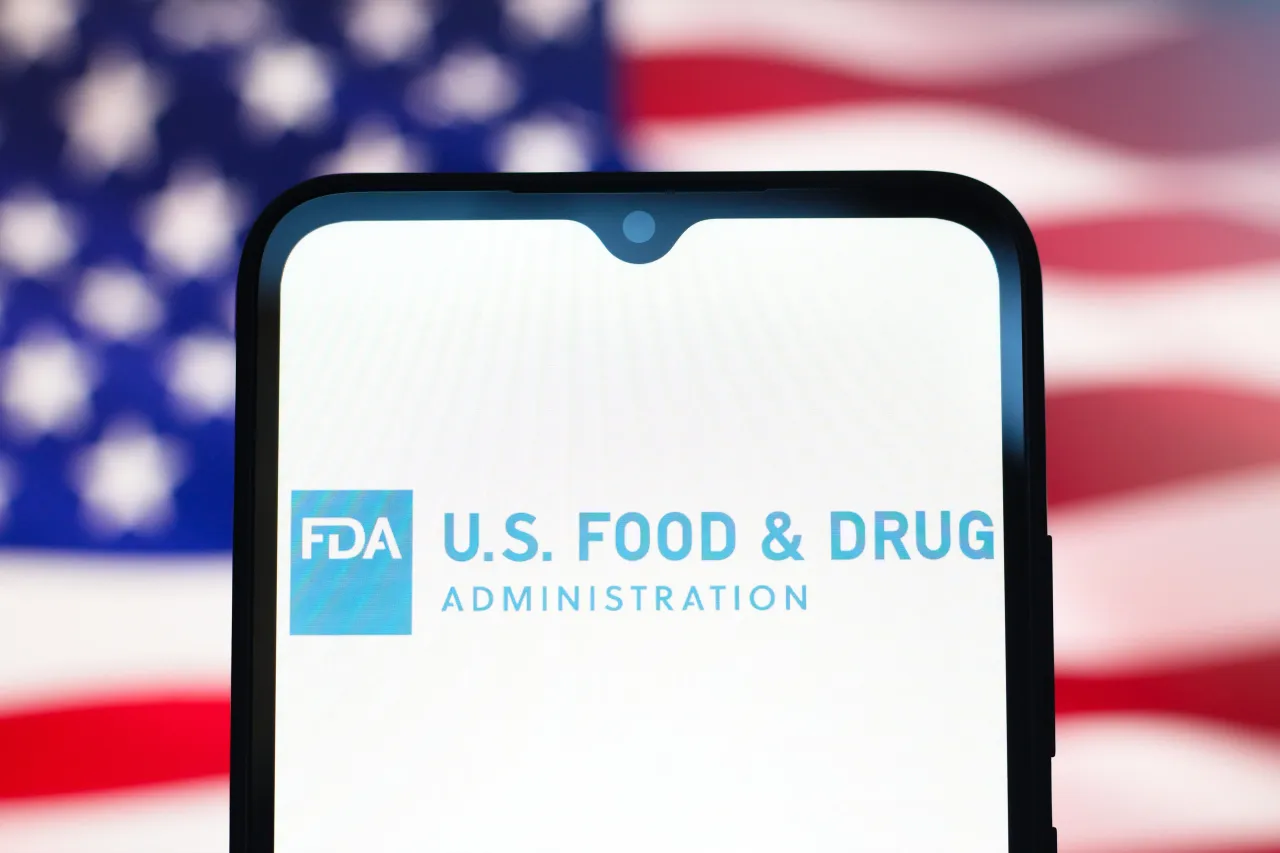Advertisement|Remove ads.
FDA To Ease Review Process For Life-Saving Gene-Editing Therapies: Report

- Prasad, who oversees gene therapies in the FDA, told Bloomberg that regulation needs to evolve as science develops.
- The executive is reportedly set to publish a paper in early November detailing the FDA’s new approach.
A U.S. regulator reportedly plans to unveil a faster approach to approving custom gene-editing treatments for rare diseases.
Vinay Prasad, who oversees gene therapies in the U.S. Food and Drug Administration, told Bloomberg that regulation needs to evolve as science develops. Prasad reportedly added that scientific advances like Nobel prize-winning CRISPR gene-editing technology have forced the agency to relax some of its strict rules.
The agency is “going to be extremely flexible and work very fast with the scientists who want to bring these therapies to kids who need it,” Prasad told Bloomberg.
The executive is reportedly set to publish a paper in early November detailing the FDA’s new approach. Prasad expects it will spark interest in developing treatment for rare diseases.
CRISPR’s Potential
CRISPR gene editing is a technology that allows scientists to modify an organism's DNA precisely. It involves a guide RNA that directs a DNA-cutting enzyme to a specific target in the DNA for it to make a cut. The cell's natural repair process either inactivates the gene or allows scientists to insert a new piece of DNA.
Earlier this year, an infant named KJ Muldoon, born with a rare genetic disorder called severe carbamoyl phosphate synthetase 1 (CPS1) deficiency, was successfully treated with a customized CRISPR gene editing therapy by a team at the Children’s Hospital of Philadelphia.
The team behind the treatment of the infant is now designing clinical trials that can be used to gain FDA approval with a gene-editing platform that can be tailored for patients with different genetic mutations, Bloomberg reported. The team is asking for FDA permission to start clinical trials for a liver disorder known as phenylketonuria and urea cycle disorders, the report added.
These diseases can be treated by editing genes in the liver, a known target for CRISPR, team members told Bloomberg.
Read also: Ardelyx Shares Soar Premarket As CEO Sees Continued Demand For Blockbuster Drug Ibsrela
For updates and corrections, email newsroom[at]stocktwits[dot]com.












/filters:format(webp)https://news.stocktwits-cdn.com/large_Getty_Images_2262712431_1_jpg_6f471d2542.webp)
/filters:format(webp)https://st-everywhere-cms-prod.s3.us-east-1.amazonaws.com/IMG_9209_1_d9c1acde92.jpeg)
/filters:format(webp)https://news.stocktwits-cdn.com/large_pharma_stock_jpg_490939e580.webp)
/filters:format(webp)https://news.stocktwits-cdn.com/IMG_8805_JPG_6768aaedc3.webp)
/filters:format(webp)https://news.stocktwits-cdn.com/large_Getty_Images_1449195267_jpg_c8a3db2d5b.webp)
/filters:format(webp)https://news.stocktwits-cdn.com/IMG_4530_jpeg_a09abb56e6.webp)
/filters:format(webp)https://news.stocktwits-cdn.com/large_coinbase_new_jul_2eaf8eb2ac.webp)
/filters:format(webp)https://st-everywhere-cms-prod.s3.us-east-1.amazonaws.com/Prabhjote_DP_67623a9828.jpg)
/filters:format(webp)https://news.stocktwits-cdn.com/large_ardelyx_jpg_488a3f8312.webp)
/filters:format(webp)https://news.stocktwits-cdn.com/large_immunitybio_jpg_eb6402d336.webp)